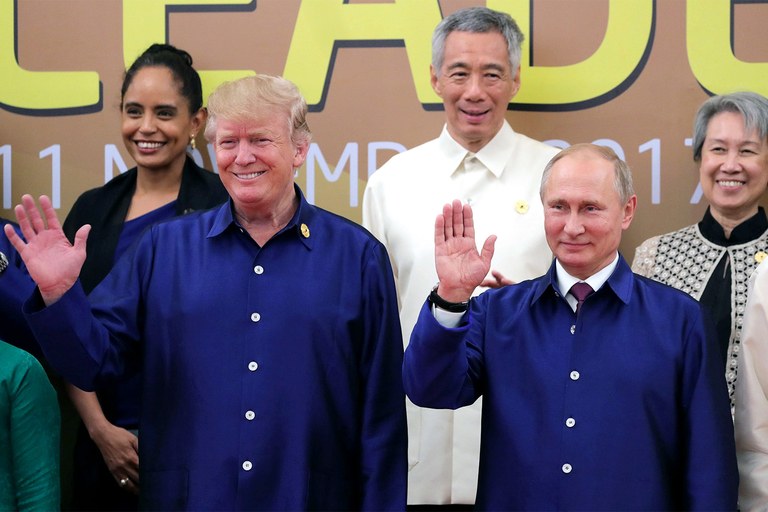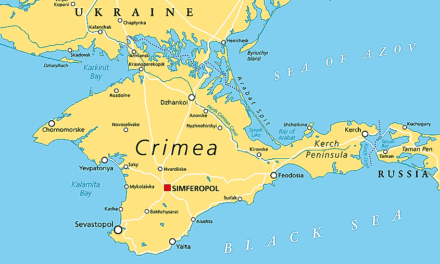On Friday, on the first day of its conference in Hiroshima, Japan, the Group of Seven (G7) countries announced new, intensified sanctions on Russia.
A statement issued by G7 leaders said restrictions would cover exports of industrial machinery, tools and technology useful to Russia’s war effort, while efforts would be pursued to limit Russian revenues from trade in metals and diamonds…
…The actions targeted Russia’s sanctions evasion, future energy revenues and military-industrial supply chains, with sanctions imposed on more than 300 targets on Friday.
The Treasury said it imposed sanctions on 22 people and 104 entities with touchpoints in more than 20 countries in jurisdictions, while the Department of State targeted almost 200 people, entities, vessels and aircraft.
US sanctions authorities were also expanded to more sectors of the Russian economy, including architecture, manufacturing and construction, the Treasury said, allowing any person or entity operating in those sectors to be hit with sanctions.
Russia was ready with a response.
Among the 500 people singled out for travel and financial restrictions on Friday were Americans seen as adversaries by Mr. Trump, including Letitia James, the state attorney general of New York who has sued him for alleged fraud, and Jack Smith, the Justice Department special counsel investigating his efforts to overturn the 2020 election and his handling of classified documents after leaving office.
Brad Raffensperger, the secretary of state of Georgia who rebuffed Mr. Trump’s pressure to “find” enough votes to reverse the outcome of the election, also made the list. So did Lt. Michael Byrd, the Capitol Police officer who shot the pro-Trump rioter Ashli Babbitt on Jan. 6, 2021.
None of them has anything to do with Russia policy, and the only evident reason they would have come to Moscow’s attention is because Mr. Trump has publicly assailed them. The Russian Foreign Ministry offered no specific explanation for why they would be included on the list but did say that among its targets were “those in government and law enforcement agencies who are directly involved in the persecution of dissidents in the wake of the so-called storming of the Capitol.”
It’s easy to see what the G7 is trying to do. They’re trying to win a war by weakening Russia’s economy and military preparedness, while also making sure to create some significant discomfort for Russian elites who might be swayed to organize against the current leadership in the Kremlin.
It’s a bit harder to surmise what Russia is aiming for with their sanctions. Putting travel and financial restrictions on a Capitol police officer isn’t going to do anything to help them keep their hold on seized Ukrainian territory. Doing the same to New York’s attorney general will not disrupt America’s ability to supply weapons and logistical support to Ukraine. By a simple process of elimination it’s clear that the strategy is to help Donald Trump win the presidency, which they expect would disrupt America’s ability to support Ukraine. Short of that, they are signaling their support for the MAGA movement and their election denialism–the idea being to maintain and strengthen a faction of the American public that is more aligned with the Kremlin’s priorities than the priorities of the government in Washington, DC.
Once again, Trump and his strong supporters are being used as tools of Russian policy.
This is a pretty desperate ploy by Vladimir Putin. Even if elected, Trump will not take office until late-January 2025. That’s a long time to wait for relief from the Western buildup of military capacity in Ukraine. They can get more immediate relief if MAGA-aligned members of Congress succeed in cutting off military appropriations for Ukraine. And, of course, if the USA defaults on its debt, which Trump is clearly urging, that would be a giant victory for Russia, greater than anything they could ever hope to impose on a battlefield.







